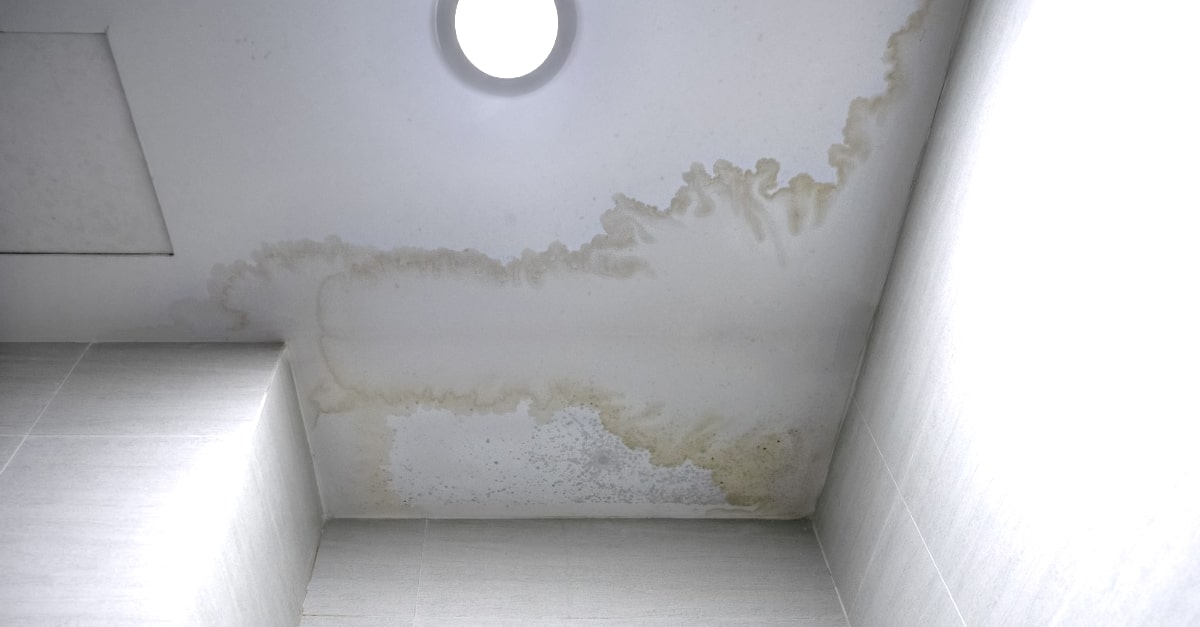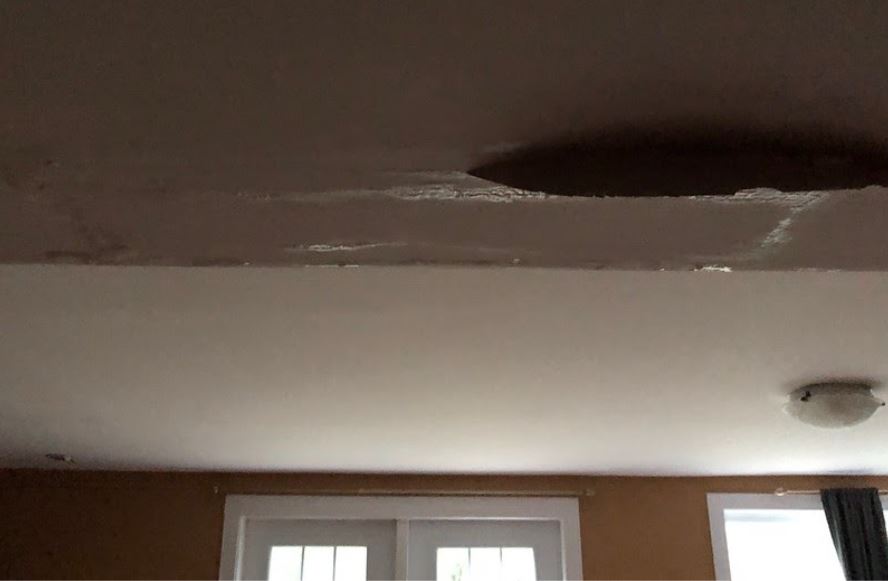Understanding the Top Factors for Water Leaks in The Home
Understanding the Top Factors for Water Leaks in The Home
Blog Article
Do you find yourself searching for related information on How to Find Water Leaks?

Leaks not just create waste of water however can also create unnecessary damage to your house and advertise unwanted organic growth. By looking and recognizing for day-to-day circumstances that trigger leaks, you can shield your home from future leaks and also unnecessary damage.
Immediate temperature modifications.
Extreme temperature modifications in our pipes can trigger them to expand and also get unexpectedly. This development and also contraction may create splits in the pipes, particularly if the temperature level are listed below freezing.
Rusty water systems
This may be the cause of staining or warping on your water pipes. If our plumbing system is old, think about changing the pipes because they are at a greater danger of deterioration than the more recent models.
Malfunctioning Pipeline Joints
The point at which your pipelines attach is regularly the weakest link in the waterline. Pipe joints can wear away over time, resulting in water leakages. The majority of pipeline joints are not easily noticeable. If you have noisy pipelines that make ticking or banging noises, particularly when the hot water is switched on, your pipe joints are probably under a lot of stress. It is advisable to have your plumber inspect your system annually.
Intruding roots
Most water leakages begin outside the house rather than inside it. You could notice wet patches or sinkholes in your yard, and that could suggest that tree origins are attacking water lines creating water to leak out.
Poor Water Connectors
At times, a leak can be caused by loosened tubes as well as pipes that provide your home appliances. Usually, moving is what causes the loosened water Connections. You could discover when it comes to a washing machine, a pipe might spring a leakage as a result of shaking during the spin cycle. In case of a water connections leakage, you might notice water running directly from the supply line or puddles around your home appliances.
Obstructed Drains
Obstructed drains might be bothersome and inconveniencing, however they can sometimes wind up causing an overflow causing burst pipes. Keep getting rid of any materials that might drop your drains that can clog them to avoid such troubles.
All the above are sources of leakages but not all water leaks result from plumbing leaks; some leaks may originate from roof covering leakages. All leakages need to be fixed instantly to prevent water damage.
Leaks not just cause waste of water yet can also create unnecessary damages to your residence and promote undesirable organic development. By looking and also comprehending for everyday circumstances that create leaks, you can shield your home from future leakages and also unneeded damages. Today, we will look at six leakage creates that may be creating your pipes to trickle.
At times, a leak can be triggered by loosened hoses as well as pipelines that supply your home appliances. In situation of a water links leakage, you may observe water running straight from the supply line or pools around your devices.
How To Check For Water Leak In Your Home
How To Check for Leaks
The average household's leaks can account for nearly 10,000 gallons of water wasted every year and ten percent of homes have leaks that waste 90 gallons or more per day. Common types of leaks found in the home are worn toilet flappers, dripping faucets, and other leaking valves. These types of leaks are often easy to fix, requiring only a few tools and hardware that can pay for themselves in water savings. Fixing easily corrected household water leaks can save homeowners about 10 percent on their water bills.
To check for leaks in your home, you first need to determine whether you're wasting water and then identify the source of the leak. Here are some tips for finding leaks:
Take a look at your water usage during a colder month, such as January or February. If a family of four exceeds 12,000 gallons per month, there are serious leaks.
Check your water meter before and after a two-hour period when no water is being used. If the meter changes at all, you probably have a leak.
Identify toilet leaks by placing a drop of food coloring in the toilet tank. If any color shows up in the bowl after 10 minutes, you have a leak. (Be sure to flush immediately after the experiment to avoid staining the tank.)
Examine faucet gaskets and pipe fittings for any water on the outside of the pipe to check for surface leaks.
Undetected water leaks can happen without the home or business owner even realizing. If you suspect a water leak, but not able to find the source. It is time to contact a professional water leak detection service, The Leak Doctor.
How To Find a Water Leak In Your Home
https://www.leakdoctor.com/blog/How-To-Check-For-Water-Leak-In-Your-Home_AE197.html

As an enthusiastic person who reads about Common Water Leaks In House, I figured sharing that segment was sensible. Appreciated our article? Please share it. Help another person discover it. Thanks a bunch for your time. Please check up our website back soon.
Precision work offered. Report this page